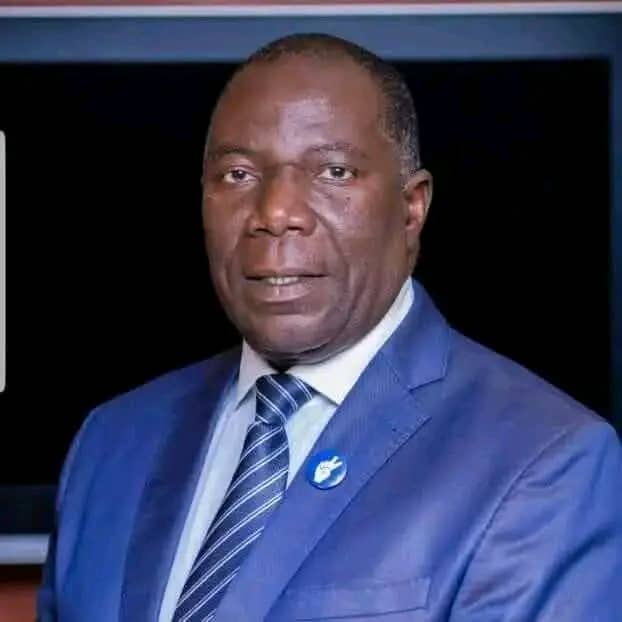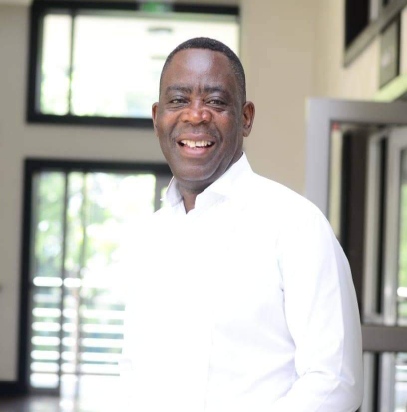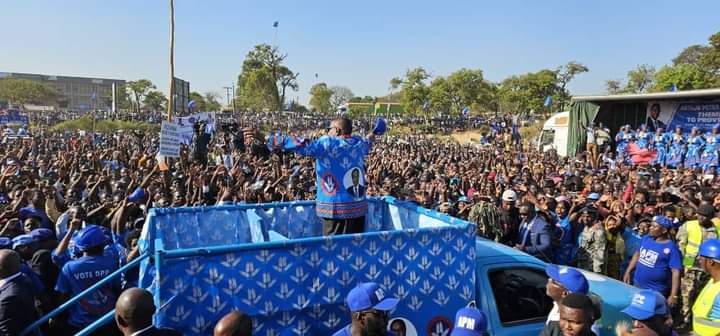By Bashir Amin
In the wake of President Prof. Arthur Peter Mutharika’s recent cabinet appointments, political speculations have once again taken centre stage—this time over the delayed swearing-in of Alliance for Democracy (AFORD) President, the Rt. Hon. Enock Kanzingeni Chihana, as Malawi’s Second Vice President.
While the President has already inaugurated three cabinet ministers and other top officials, Chihana’s inauguration is yet to take place. This procedural delay, however, has sparked a flurry of unfounded assumptions from certain commentators, many of whom are too eager to interpret routine administrative processes as political drama.
According to the Secretary to the President and Cabinet (SPC), Mr. Justin Saidi, Chihana’s swearing-in will occur alongside the rest of the cabinet once the full lineup is finalized. President Mutharika—well known for his deliberate and methodical approach to governance—appears to be taking his time to assemble a balanced, competent, and nationally representative cabinet.
In fact, the President has just added two more ministers to the initial list of three appointees, a clear indication that the full cabinet formation process is still underway. This development alone confirms that the delay in Chihana’s inauguration is not political—but purely tactical and procedural.
Yet, as is often the case in Malawi’s charged political atmosphere, whispers of division have begun to circulate. Some political analysts and social media voices have rushed to suggest that cracks are already forming within the AFORD-DPP partnership—popularly dubbed The Blue Alliance. But these claims remain speculative, unsubstantiated, and potentially harmful to the unity that both parties are striving to foster.
The truth is simple: there is no crisis. The working relationship between President Mutharika and Rt. Hon. Enock Chihana remains cordial, cooperative, and rooted in mutual respect. Both leaders share a clear vision—to promote national unity, deepen democracy, and build an inclusive government that reflects Malawi’s diversity. To mistake a calculated procedural delay for political fallout is not only misleading but also mischievous.
Malawians must therefore resist the urge to interpret every administrative step through the lens of partisanship or conspiracy. Cabinet formation, by its very nature, demands careful consultation and political precision. It is a process that cannot be rushed without risking imbalance or oversight.
The media and political commentators also have a duty to act responsibly. Speculative reporting and sensational commentary risk undermining public trust and sowing unnecessary discord. In moments like these, what Malawi needs most is responsible journalism—reporting that informs, not inflames; commentary that builds, not breaks.
At a time when the country is seeking political stability and economic recovery, patience and collective responsibility are paramount. The Blue Alliance remains strong, and its leadership remains committed to the shared goal of national progress.
As the nation awaits the full unveiling of the new cabinet and the eventual swearing-in of all its members—including the Second Vice President-designate—let Malawians stand assured: the delay is not a sign of division, but of deliberation. It reflects a government that values structure over speed, and unity over haste.
When the right moment arrives, Malawi will witness yet another defining chapter in its democratic journey—one marked not by speculation or suspicion, but by service, solidarity, and statesmanship.
The Blue Alliance stands firm. The partnership endures. And the nation moves forward—together.




